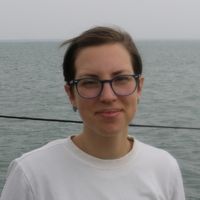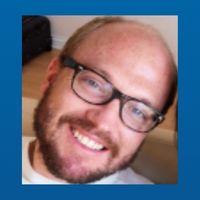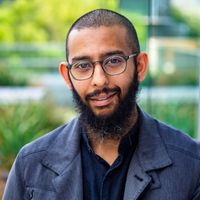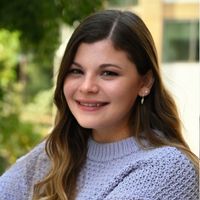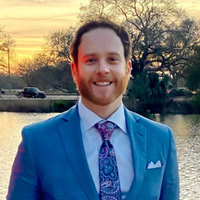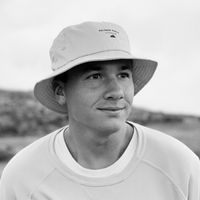Funded by the Andrew W. Mellon Foundation, the School of Humanities undertook an innovative PhD training project from 2020-2025, placing PhD students whose research had cross-disciplinary components with faculty in research units or teams in other Schools for an academic year. These Graduate Student Researchers worked on those faculty's research projects, and gained experience in cross-disciplinary and collaborative research as well as contributed their own humanistic lens and training.
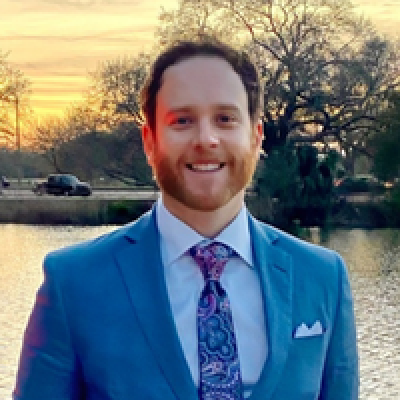
My doctoral work, specializing in rhetoric, has led me down an unexpected but highly productive interdisciplinary path. Thanks to the Cross-Disciplinary GSR program and in collaboration with Professor Christine King from the Department of Biomedical Engineering, I applied rhetorical theory—particularly its insights into psychological engagement and audience attunement—to design and implement an inclusive, online multiplayer virtual learning environment with proximity-based voice chat. Deployed in a remote biomedical engineering course, this platform translated humanistic principles of communication into a technical pedagogical setting. Building on this work, I conducted an experimental study integrating eye-tracking and neural activity analysis to detect boredom, engagement, and attention span, with the goal of creating adaptive learning systems that respond dynamically to each student’s cognitive state. This convergence of rhetoric, engineering, and cognitive science has expanded my methodological range and deepened my interest in designing immersive environments that optimize learning through real-time human physiological feedback.


